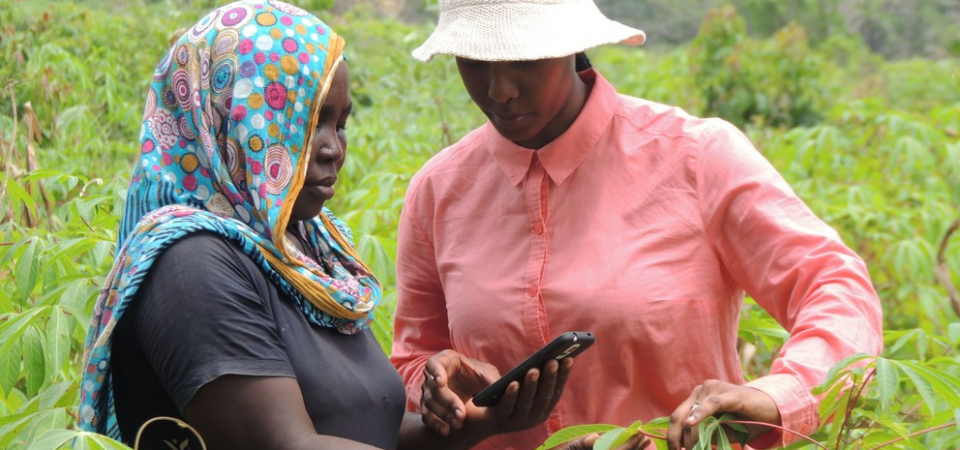Read in
According to statistics, it indicates that in Africa, about 80 percent of the agricultural production comes from small-scale farmers who are mostly women. Even though women comprise the largest percentage of the workforce in the agricultural sector, they are still faced with challenges such as lack of proper funding, limited access to land, and other critical production factors and resources.
This financial funding gap in the Agricultural sector has prompted the Smallholder women farmers in the country, to call on the government to design a specific budget that takes care of the Agricultural needs which will enhance their productivity.
While speaking at the capacity building workshop to reposition small-scale women agro-business enterprises, the national treasurer of small-scale women farmers organization in Nigeria (SWOFON) Mrs. Hannatu Soni addressed the government on the need to include women in the agricultural budget allocation.
Register here for Tekedia Mini-MBA which begins June 6, 2022. Save big with many other benefits when you register by May 31. Cost is N60,000 or $140 for the 12-week program.
In her words, “We are advocating for a specific budget for women as that would make it easier to track where the funds go. Government can come to our aid by linking us to the proper markets and also by providing equipment used in processing the produce. We want to be empowered to process our products which will add value to our products, thereby having more income to take care of our families”.
Having noticed the unfair gender gap in the agricultural sector in the country, in a bid to tackle agriculture’s $15.6 billion gender financing gap, Nigerian fintech firm HerVest, founded by Solape Akinpelu has been on a mission in empowering female farmers in the country.
Apart from providing credit financing for women farmers In Nigeria, HerVest is currently in partnership with different CBN licensed platforms, such as flutterwave, VFD Microfinance Bank, and FBN QUEST which enables the start-up to operate an easy-to-use digital platform for savings and investment.
It is interesting to note that HerVest has impacted over 5,000 female farmers across the different states in Nigeria, with ongoing efforts to onboard more female farmers across the country.
Indeed through her support, a lot of female farmers who contribute over 70 percent of Nigeria’s food production, can produce more and ensure proper food security in the country. It is really disheartening that women in the country are faced with a financing gap in the agricultural sector, meanwhile, experts have said that female farmers are the backbone of the development of rural and national economies, as they comprise 43 percent of the world’s agricultural Labour force.
It’s high time such gender bias is jettisoned because women are the majority players in the agricultural sector. Research has shown that women hold more traditional knowledge of water adaptation mechanisms of traditional farming practices that can enhance crop yield and help agricultural activities to adapt to adverse conditions such as flooding and the like.
Therefore, poor funding of female farmers in the agricultural sector will no doubt affect the production of food in the nation, which might spell doom for the nation when a food crisis arises. According to the popular saying, ” What a man can do, a woman can do better”, indeed women according to statistics have proven that they are even capable of superseding the male farmers.
Such an unbalanced gender financing gap in the Agricultural sector in Nigeria will only do more harm to the nation’s economy because these women are faced with unnecessary constraints that reduce productivity output. No wonder the sector continues to underperform.
Women around the world are already making remarkable giant strides in the agricultural sector, thereby transforming agriculture to be more resilient and reliable. Proper allocation of funds to female farmers in Nigeria will not only increase food production in the country but also ensure food security which will make the country immune to food crises.



